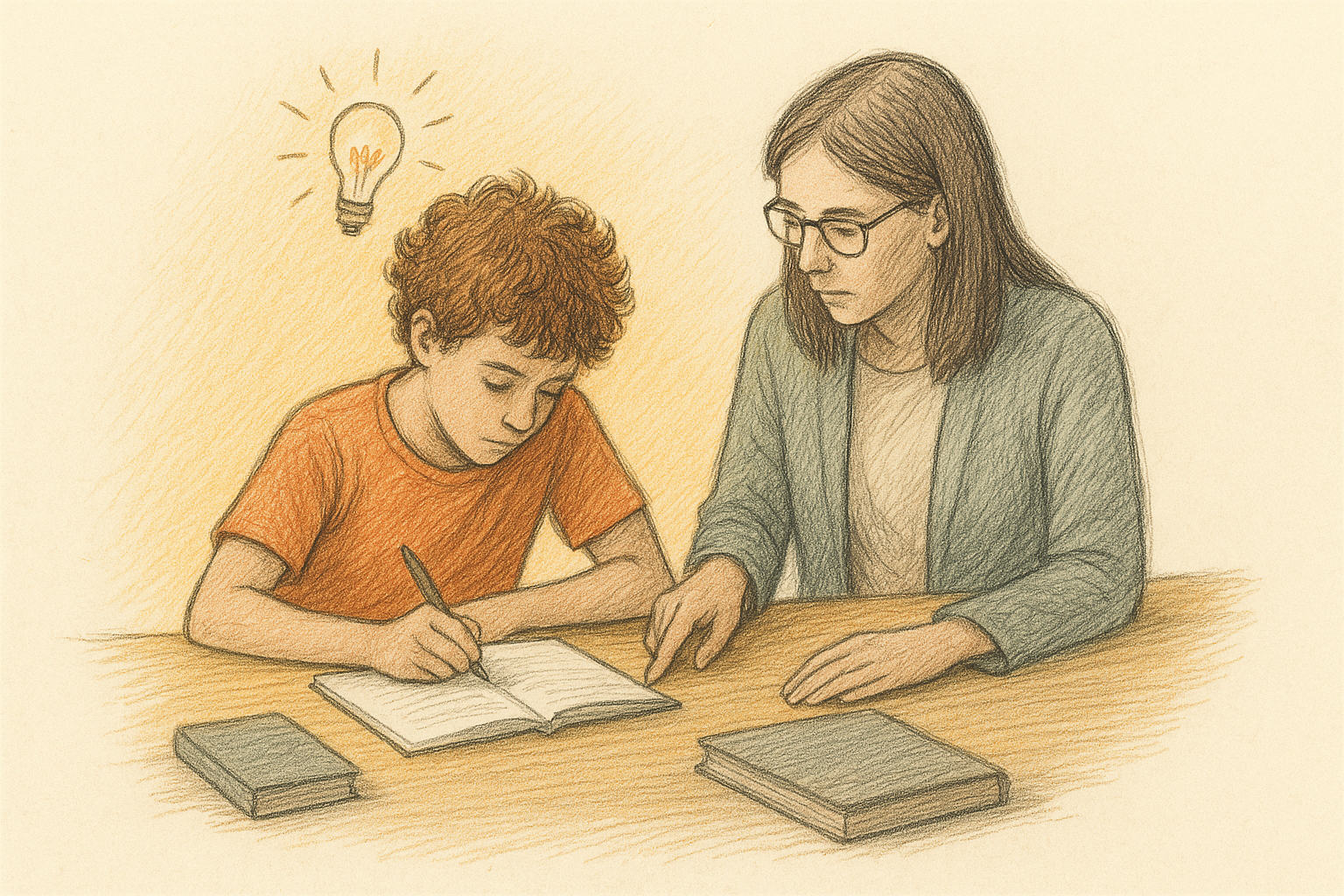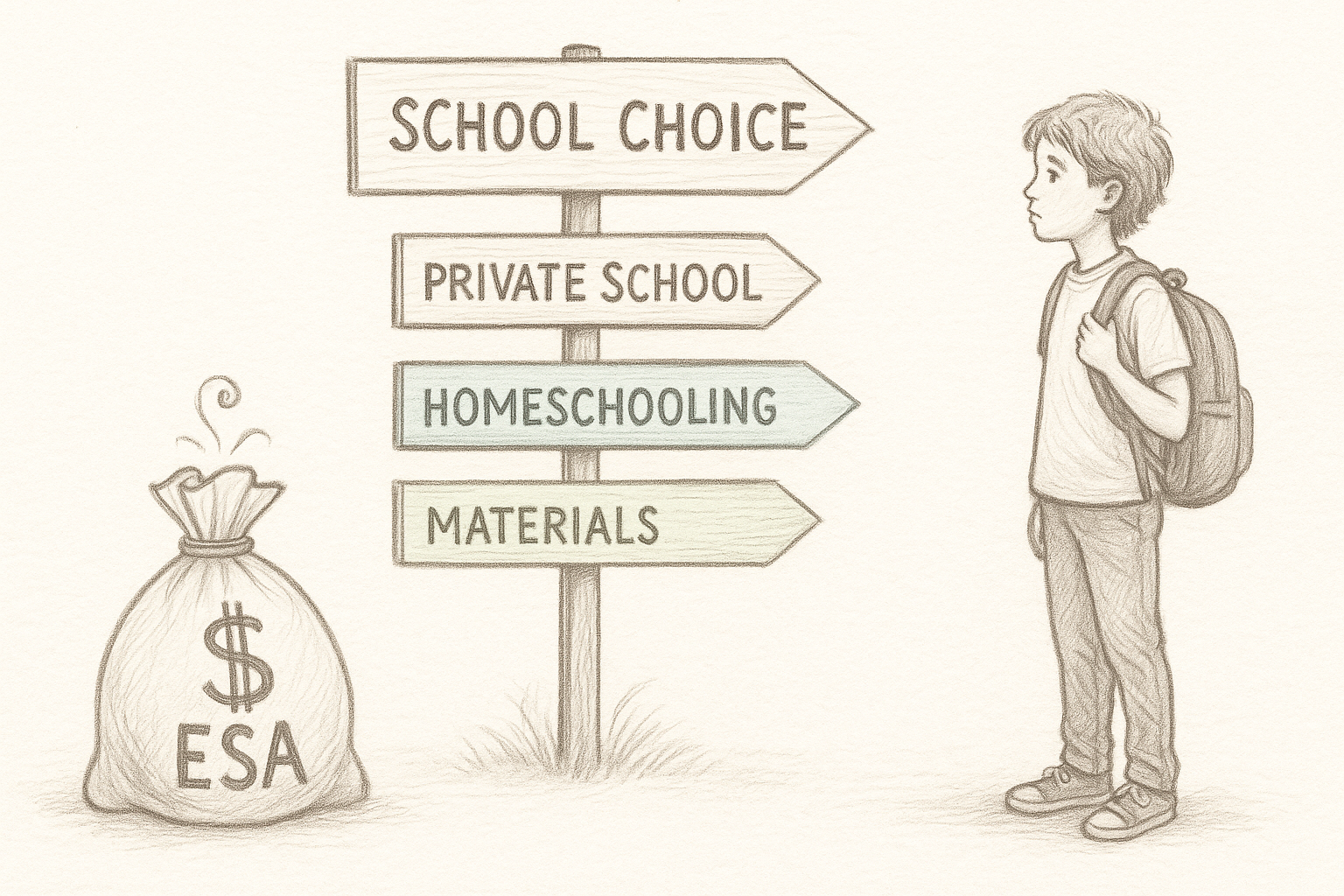For a long time studies have reinforced the importance of taking breaks while studying. Study breaks have been scheduled in learning programs from preschool to college for decades. Many articles have been written about the positive effects of taking a break while studying, including increases in productivity and attentiveness, and a reduction in stress.
Due to this research traditional school has many breaks built into its structure. But, what about homeschoolers, worldschoolers, and other types of remote schoolers? They don’t have a teacher to “force” them to take a break. It’s upon them to manage their own.
This is critical because the research is unequivocal: Taking a break while studying is a very important part of learning, and optimal performance (getting good grades) is not possible without it.
Break vs Procrastination
Taking a break while studying is not the same as procrastination. You can’t “put off” what you don’t want to do and call it a study break. Indeed, a recent study showed that procrastination was negatively correlated with academic performance.
Procrastination is the act of leaving work or study until the last minute or continually delaying it. A study break is taking time away from the task of study—reading, planning, writing, even thinking—in order refresh the mind to best enable it to complete the study task after the break. A break is a part of the work. Procrastination is not doing the work.
Study Breaks and the Brain
To understand why we need study breaks, we should understand the science. In particular, we must understand the prefrontal cortex, which is the part of the brain that controls our ability to study. Our prefrontal cortex is being used right now to help us read this article, and we cannot study without it. In short, the parts of the prefrontal cortex and their functions are:
- The medial prefrontal cortex: contributes to attention and motivation
- The orbital prefrontal cortex: helps people control their impulses and ignore distractions
- The lateral prefrontal cortex: allows people to create and execute plans.
If we think about what the three parts of the prefrontal cortex are doing, we will realize the heavy load they are lifting to enable students to study effectively or, indeed, to do almost anything. When the prefrontal cortex does a lot of work, it needs to recuperate, like any other part of the body.
This is why taking breaks while studying is important. If the prefrontal cortex is overloaded, it won’t work well, and performance levels will decline. Scientists have shown that people who suffer an injury to their orbital prefrontal cortex, for example, will have difficulty controlling their impulses.
Breaks also lead to more calm emotions, and emotions are critical to learning. To dive deeper into this topic we recommend Emotions, Learning, and the Brain: Exploring the Educational Implications of Affective Neuroscience by educator and neuroscientist Mary Helen Immordino-Yang.
Benefits of Study Breaks
There are very real scientifically validated benefits associated with taking a break while studying. Here are five benefits endorsed by a biomedical scientist at University College London:
- Improves memory
- Serves as an energy boost
- Reduces stress
- Improves overall health
- Boosts performance and creativity
All students, and particularly those who study remotely, should understand the benefits of taking a break while studying. At the very least, it might motivate them to incorporate study breaks into their study schedule.
The Type of Breaks Students Should Take
While almost all of the research suggests that students must take breaks while studying, there are subtle differences in what the research says about the type of breaks students should take.
There is no dispute about how essential mental study breaks are, but there is some conflict about the benefits of a physical study break.
Physical Study Breaks
Physical activity like running or exercising increase oxygen flow to the brain; and numerous studies have shown that this helps with everything from brain processing and memory retention to coping and attentiveness.
You would think, then, that incorporating something physical into a study break would have double benefit. However, a 2011 study found that physical study breaks that were competitive or made participants “think too much” might be ineffective. Some participants in the study were still thinking about the physical activity after they returned to the study task.
Physical study breaks that seemed most effective were those that were less strenuous and more calming—taking a walk among beautiful scenery, for example.
Mental Study Breaks
There are many types of mental study breaks one can take to rest and refresh the mind. Some examples include:
- A Power Nap
- Sipping Tea or Coffee
- Meditating
- Listening to Music
- Having Lunch or a Healthy Snack
It is important to be moderate when choosing the type of mental study break taken while studying.
The duration of a power nap is usually considered to be 20 to 30 minutes, not a three-hour afternoon siesta. Similarly, a heavy three-course lunch will not be good for mind or body should you hope to return to study in the afternoon.
If you drink too much coffee—which is a drug—your body will become tolerant to its stimulating properties and its effects will be reduced. There are also health risks associated with high caffeine consumption.
The key with mental breaks is for students to find out what works for them, and then make those study breaks a part of their study schedule.
How Do I Know if I Need a Study Break?
Many people say that taking a break from study should be avoided if it stops a student’s “flow.” If students are absorbed in their task, have heightened energy, and are enjoying their work they should probably keep going, even if a scheduled break had been planned. The disruption is more of a negative than the break is a positive in this case.
Again, moderation is the key. Something is not right if a student can maintain high energy, enjoyment, and “flow” for ten hours without a break while studying.
If students keep re-reading the same line or spend time staring at a blank screen when trying to write an assignment, chances are they need a break. Frustration, anger, irritability, and even depression can be the result of too much uninterrupted study.
Students who learn remotely need to think consciously about their breaks and plan them out so that they make the best of their study time. Regular breaks have many health benefits and the science proves that students who take study breaks achieve better academic results than those who do not.







